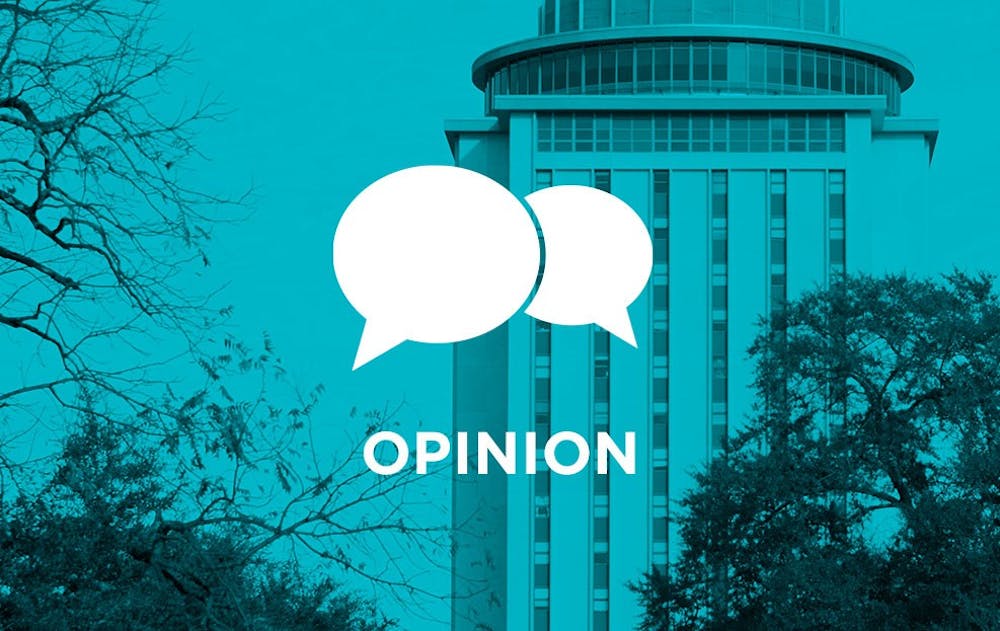Like it or not, American culture is somewhat bizarre. We are one of the richest countries in the world, but we were recently ranked 27th in the world for healthcare and education by the Institute for Health Metrics and Evaluation. We never cease to proclaim our love for democracy and freedom, but we align ourselves with nations like Saudi Arabia that undermine those principles, and allow the ruling class to subvert those ideas with mass surveillance and anti-voting tactics like gerrymandering and purging voting lists.
America has long been known as the land of economic opportunity, but the massive amount of wealth flowing to the top 1 percent makes this concept a rapidly shrinking one. So what is the end game here? What will American society look like in a hundred years? My hypothesis is simple: it will not look like anything, because it will cease to exist.
First of all, Americans are extremely wasteful. 40 percent of food on plates in the nation of the eagle is thrown out, amounting to roughly 1250 calories a day per person. The wasted food also takes up many resources in the form of fertilizer, water usage and cropland. Combine this statistic with a burgeoning world population and a topsoil shortage and you have a recipe for disaster.
Another factor, unlikely as it may be in our imminent destruction, is air conditioning. Thanks to a warming global climate and the quick industrialization of China and India, demand for air conditioning is expected to skyrocket in the next few decades. America has long been the largest user of electricity for air conditioning, but if the rest of the world follows suit, we could be in big trouble. The use of A/C is projected to consume the world’s renewable energy by 2050, meaning that any progress we make toward a green future could be wiped away by our need to stay cool.
The digital revolution that gave us our smartphones and laptops is also in jeopardy due to our overuse of nonrenewable metals. These components found in many of the things we take for granted have a finite supply, and the recycling of these goods is nearly impossible. Ironically, green energy alternatives often rely on rare earth metals like “tellurium” and “neodymium,” so even if we do move towards a more energy efficient society, we will still rely on these rare metals for it to happen. The simple truth is that in these cases, and even more so for base metals like copper, there is no real alternative, and the creation of one would require a scientific miracle.
Another issue with rare earth metals is the fact that they tend to be concentrated in a few areas of the globe rather than spread throughout. This means that, due to an increased reliance on digital goods, wars in the future could be fought over these metals.
So I think I have made the point of the United States’ waste problem apparent, and how many of these problems are leaking into the global market. Some of you may be familiar with the political ideology of anarcho-primitivism, commonly abbreviated as “an-prim.” This radical ideology held by the likes of Ted Kaczynski argues that the industrial revolution created all of the social problems present in modern man and is a failure for the human race. Anarcho-primitivists would argue that man should return to his natural hunter-gatherer state, and that this would solve all of the ecological problems present in the world.
Now, I don’t think the an-prim philosophy is the best, nor do I think that their idea of reversing the industrial revolution is feasible or even sensible. But I do admit that, given the shortages and failures present in our society, they do have a point. It is not outside the realm of possibilities, nor is it unlikely, that our way of life will fade away and any humans left will essentially be hunter-gatherers.

